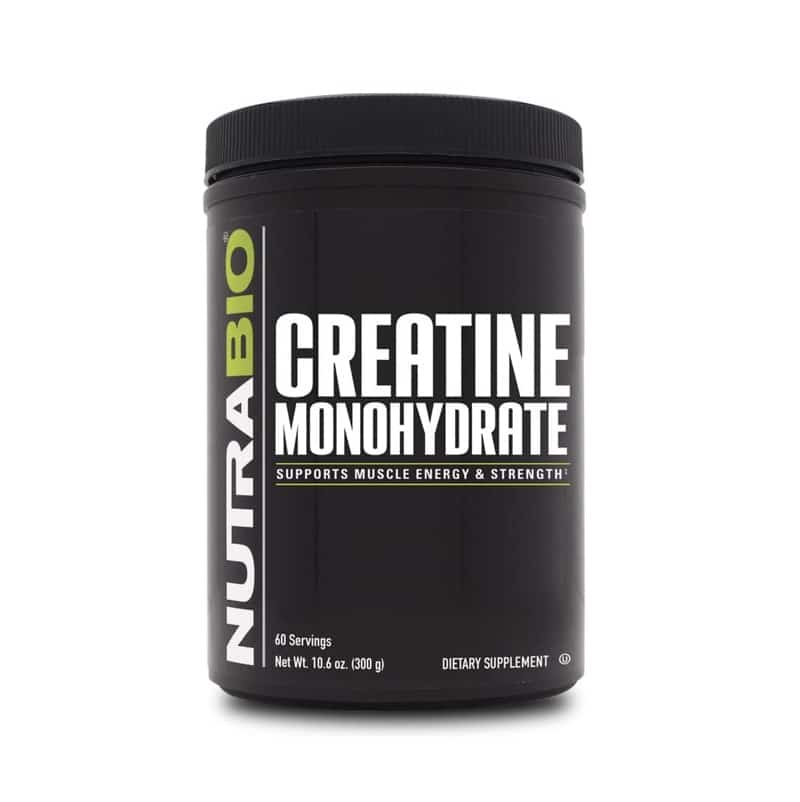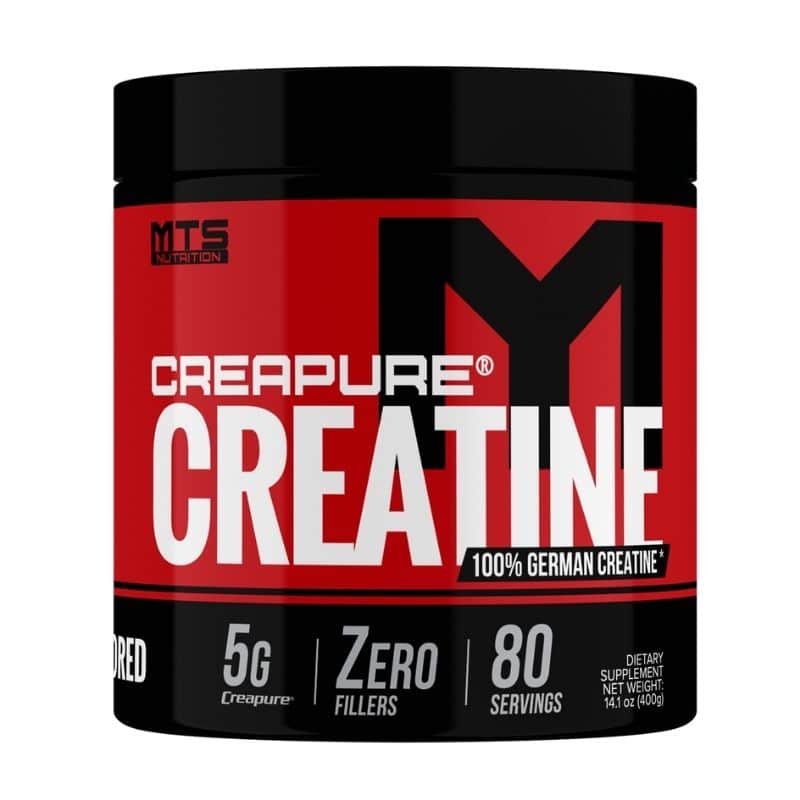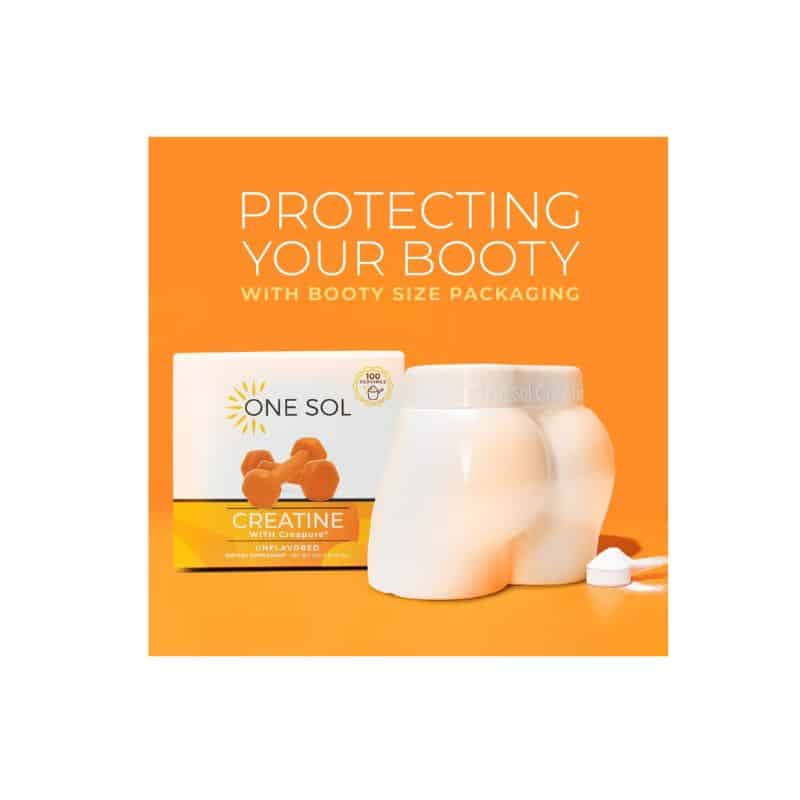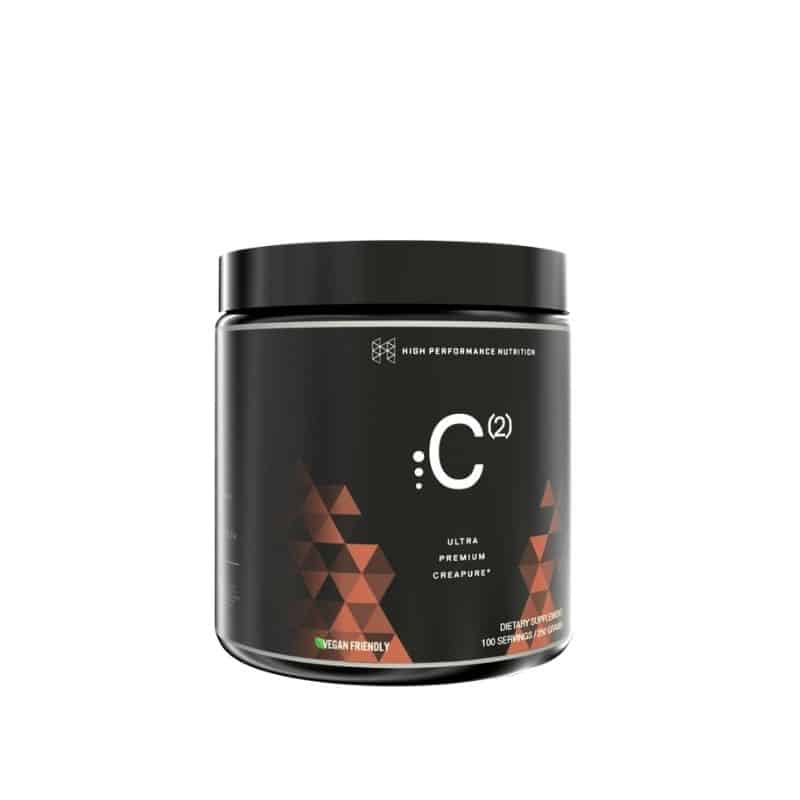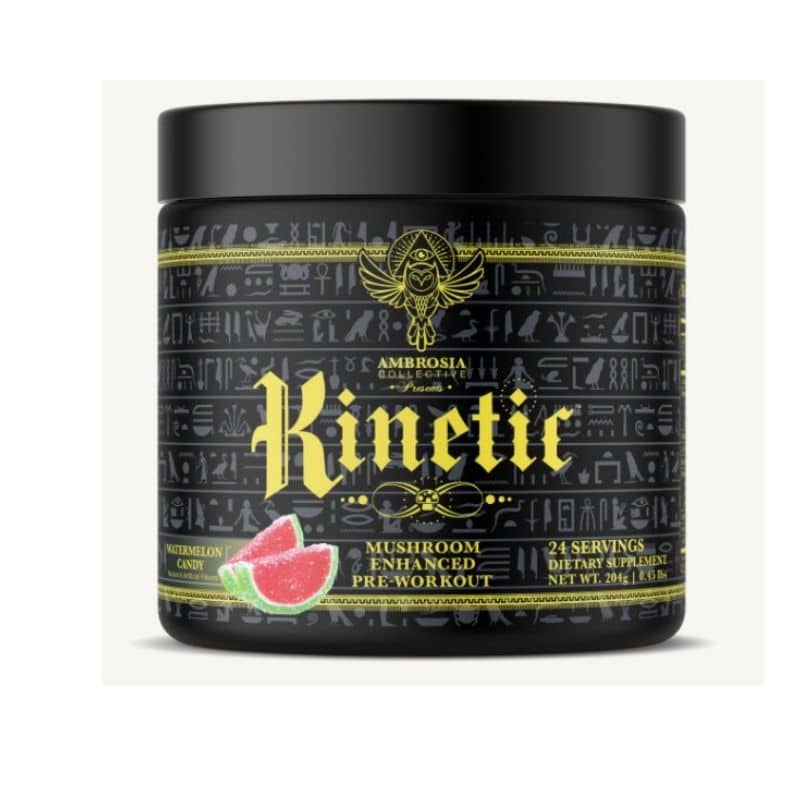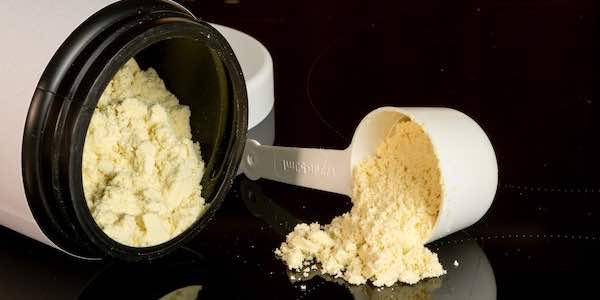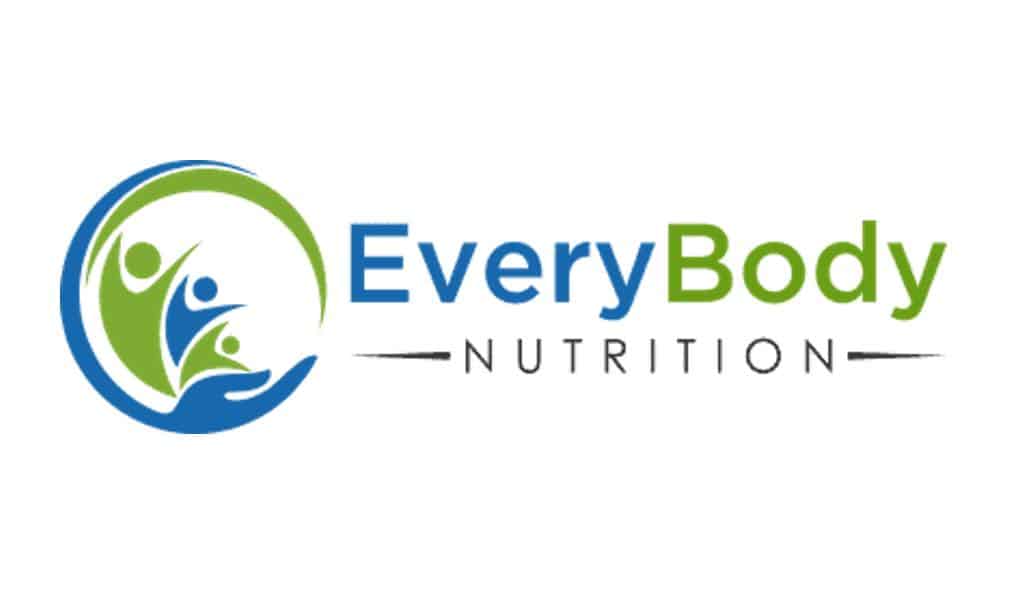Introduction
Everyone’s fitness journey is different, and involves exploring various supplements to enhance performance and achieve fitness goals. One supplement that has gained widespread popularity is creatine. This comprehensive guide serves as an essential resource for beginners, offering insights into the fundamentals of creatine, its benefits, how to integrate it into a fitness routine, and practical recommendations.
Understanding Creatine
What is creatine?
Creatine is a naturally occurring compound composed of amino acids found in foods like meat and fish. It plays a critical role in energy metabolism, particularly in activities requiring short bursts of power. This compound is stored in the muscles and used for quick energy production during high-intensity exercises.
How does creatine work in the body?
Creatine functions by replenishing adenosine triphosphate (ATP), a molecule that stores and releases energy in cells. This replenishment supports rapid energy production during high-intensity activities. By donating a phosphate group, creatine helps regenerate ATP, allowing for sustained energy during workouts.
The role of creatine in muscle growth
Creatine’s influence on muscle growth extends beyond energy production. It enhances cell hydration, promoting an environment conducive to muscle growth. Additionally, creatine stimulates satellite cell activity, contributing to the repair and development of muscle tissue. Studies have also shown that creatine can activate pathways supporting muscle development. All depends on training intensity and hitting nutrient requirements.

Benefits and Effects
Creatine dosage for muscle building
Determining the right creatine dosage is crucial for maximizing its muscle-building benefits. The standard approach is to undergo a loading phase of 20 grams per day (divided into four doses) for 5-7 days, followed by a maintenance phase of 3-5 grams per day. However, some individuals may opt for a lower daily dose from the beginning, around 3-5 grams, skipping the loading phase due to GI issues.
What does creatine do for the body?
The most common effects of creatine include increased strength, improved exercise performance, enhanced recovery, and cognitive benefits. Creatine’s ability to replenish ATP rapidly contributes to improved power output during resistance training and high-intensity activities, leading to greater gains in strength and muscle mass.
Beyond its role in energy metabolism, creatine has been shown to have potential neuroprotective effects and cognitive benefits. Some research suggests that creatine supplementation can positively impact cognitive function and memory, making it a preferred supplement for overall brain health in addition to building muscle strength.
Getting Started
How to start taking creatine
For beginners, initiating a creatine regimen involves choosing the right type, understanding dosage guidelines, and incorporating it into daily routines. Creatine monohydrate, the most researched form, is an excellent choice for beginners due to its effectiveness, safety, and affordability. Consider mixing creatine with water or a protein powder shake to make consumption more convenient.
Creatine sources in food
While creatine supplements are popular, certain foods provide natural sources of creatine. Red meat, fish, and poultry are particularly rich in creatine. Including these foods in your diet can contribute to your overall creatine intake. However, achieving the optimal dosage through diet alone can be challenging, making supplementation a practical choice.

What supplements contain creatine?
Let’s look at various supplement options featuring creatine, from monohydrate to more advanced formulations. Creatine monohydrate remains the gold standard, but alternatives like Creapure have emerged in popularity. Creapure is buffered monohydrate which aims to address any issues such as solubility and potential gastrointestinal discomfort. However, if monohydrate doesn’t affect your GI system, it is the most tested and studied to date.
Creatine for Exercise
Creatine for workouts
Creatine supplementation can elevate your workout experience by increasing strength, power, and overall exercise performance. Creatine’s impact on ATP regeneration enhances the availability of energy during high-intensity activities, allowing for more extended and more intense training sessions. This can lead to greater improvements in strength, power output, and overall athletic performance.
Incorporating creatine into a gym routine
Tailor your creatine supplementation to different types of workouts, whether engaging in resistance training, cardiovascular exercises, or a combination of both. Consider your specific fitness goals and the nature of your workouts when deciding on the timing of creatine intake. While creatine can be taken at any time, some individuals prefer consuming it before or after workouts to maximize its benefits, or BOTH.
Recommendations for Beginners
Should beginners take creatine?
A common concern is whether creatine is suitable for beginners, so let’s examine potential benefits and dispelling myths or misconceptions. Creatine is generally safe for most individuals, and research supports its efficacy in improving various aspects of physical performance. However, consulting with healthcare professionals before starting any supplementation is advisable, especially for individuals with pre-existing health conditions or concerns.
Best creatine for beginners
Explore different creatine forms and identify which ones are ideal for beginners based on factors like solubility, absorption, and minimal side effects. Creatine monohydrate is a recommended choice due to its extensive research backing, affordability, and minimal side effects. Other forms may offer specific advantages, but creatine monohydrate remains the most widely used and studied.
Creatine recommendations and dosage guidelines
Dosage guidelines should be customized for beginners, considering individual factors such as body weight, exercise intensity, and personal response. The recommended creatine dosage varies based on factors like the individual’s weight, training intensity, and muscle mass. A common approach involves a loading phase followed by a maintenance phase, but some individuals may opt for a lower daily dose from the beginning. Experimenting with different approaches and monitoring personal responses is key to finding the most effective and comfortable creatine regimen.
Conclusion
In conclusion, this guide provides beginners with a comprehensive understanding of creatine, empowering them to make informed decisions on its incorporation into their fitness journey. From the science behind creatine to practical tips on supplementation and exercise, this guide sets the stage for beginners to harness the benefits of creatine for improved performance and muscle growth. As with any supplement, individual responses may vary, and it’s essential to prioritize overall health and well-being. Consultation with healthcare professionals and continuous monitoring of your personal progress and responses can contribute to a safe and effective creatine supplementation protocol.
Frequently Asked Questions (FAQ)
What is creatine, and why is it beneficial for beginners?
Creatine is a naturally occurring compound that helps replenish adenosine triphosphate (ATP), the energy currency of cells, during short bursts of high-intensity activities. It benefits beginners by enhancing strength, power, and exercise performance, making it an excellent supplement for those starting their fitness journey.
Is creatine safe for beginners, and are there any age restrictions?
Yes, creatine is generally safe for beginners of various ages. It has been extensively researched and is considered safe for both younger and older individuals. However, if you have any pre-existing health conditions or concerns, it’s advisable to consult with healthcare professionals.
How should beginners start taking creatine supplements?
For beginners, a common approach involves a loading phase of 20 grams per day (divided into four doses) for 5-7 days, followed by a maintenance phase of 3-5 grams per day. Alternatively, some individuals may choose to start with a lower daily dose, around 3-5 grams, skipping the loading phase.
Can creatine be found in food, or is supplementation necessary?
While creatine is naturally present in foods like meat and fish, achieving the optimal dosage through diet alone can be challenging. Creatine supplementation ensures a consistent and effective intake, especially for individuals looking to maximize its benefits for muscle growth and exercise performance.
How does creatine contribute to muscle growth?
Creatine supports muscle growth through various mechanisms. It enhances cell hydration, increases satellite cell activity, and may influence certain growth-promoting pathways. By replenishing ATP, creatine allows for increased energy availability during resistance training, promoting muscle protein synthesis and overall growth.
Can creatine help with weight loss for beginners?
While creatine is not a weight loss supplement per se, its potential to enhance strength and performance during workouts can indirectly support weight loss goals. By improving exercise capacity, creatine may contribute to more effective calorie-burning workouts.
Are there any potential side effects of creatine for beginners?
Creatine is generally well-tolerated, but some beginners may experience minor side effects such as gastrointestinal discomfort or muscle cramping. Staying well-hydrated can help minimize these effects. It’s important for beginners to start with recommended dosages and monitor their response.
Can beginners combine creatine with other supplements for better results?
Creatine can be combined with various supplements, but beginners should approach combinations thoughtfully. Common combinations include creatine with protein supplements or pre-workout formulations. However, consulting with healthcare professionals is advisable to ensure safety and optimal effectiveness based on individual needs and goals.
How long does it take for beginners to see results from creatine supplementation?
Individual responses to creatine can vary, but many beginners report seeing noticeable improvements in strength and performance within a few weeks of consistent supplementation. Results may be influenced by factors such as workout intensity, diet, and overall health.
Is creatine suitable for beginners with specific fitness goals, such as endurance training?
While creatine is often associated with strength and power activities, some studies suggest potential benefits for endurance training. It may enhance performance in high-intensity, short-duration activities, contributing to improved overall training outcomes for beginners with diverse fitness goals.

